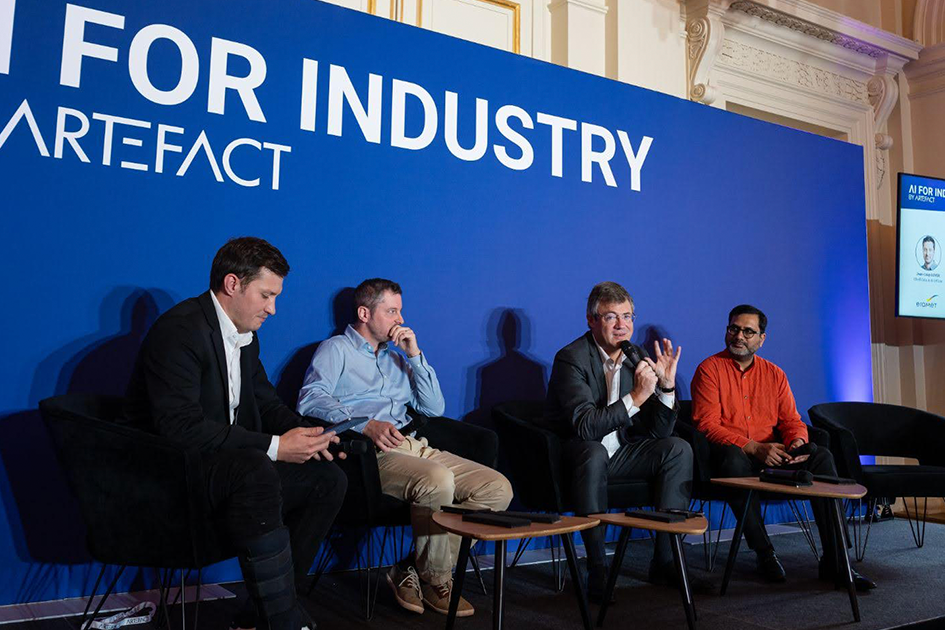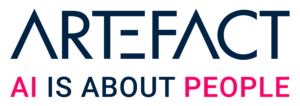AI for Industry Summit by Artefact - September 17th, 2024 - Paris
Key learnings from the panel discussion with Jean-Loup Loyer, Chief Data & AI Officer at Eramet, Philippe Rambach, SVP, Chief AI Officer at Schneider Electric, and Mihir Sarkar, Head of AI, Engie Research & Innovation at ENGIE.
Moderated by Jeremy Hamelin, Head of AI ecosystems at Artefact Open Innovation.
Introduction to ai for decarbonization in industry
The discussion on AI for decarbonization in industry, featuring Schneider Electric, Engie, and Eramet, explores how artificial intelligence helps reduce carbon emissions and enhance energy efficiency. The conversation focuses on how AI is applied in energy management, optimization, and decision-making to support the energy transition.
AI in energy demand optimization at Schneider Electric
Philippe Rambach, Chief AI Officer at Schneider Electric, highlights the role AI plays in optimizing energy demand. He stresses the importance of managing energy demand alongside increasing renewable energy supply. AI helps Schneider Electric reduce energy consumption for the same outcomes, such as heating or cooling. Through machine learning, AI models predict energy needs and adjust usage, cutting waste. AI also optimizes the use of renewable energy in buildings, making real-time decisions on when to store or sell excess energy back to the grid, maximizing financial and environmental benefits.
Engie’s approach to ai in energy production and management
Mihir Sarkar, Head of AI, Engie Research & Innovation, explains how the company is focused on the transition to a carbon-neutral economy through electrification and the strategic use of gas. AI helps manage the variability of renewable energy sources by balancing them with thermal power plants. AI-powered predictive maintenance ensures efficient operation of thermal power plants, reducing emissions. AI also plays a role in improving stakeholder engagement and speeding up the deployment of energy projects, optimizing their environmental footprint.
Eramet’s use of AI in mining for decarbonization
Jean-Loup Loyer, Chief Data and AI Officer at Eramet, discusses how AI is helping the mining industry reduce its carbon footprint. Eramet, which produces critical metals for renewable energy systems, uses energy-intensive processes. AI helps optimize energy consumption at mining sites by selecting the most carbon-efficient energy sources in real time. Additionally, AI reduces fuel consumption for mining trucks and improves processes in furnaces to lower carbon emissions.
Challenges of scaling ai for decarbonization
The panelists agree that scaling AI solutions is the next major challenge. While AI is already helping optimize energy usage and reduce emissions, broader adoption and cost reduction are needed. The concept of “frugal AI,” which uses simpler, less energy-intensive models, is essential. Monitoring the energy consumption of AI itself and ensuring that its environmental benefits outweigh its costs is crucial for large-scale deployment.
Balancing ai’s energy consumption and environmental benefits
AI plays a transformative role in decarbonization by optimizing energy use and improving efficiency across sectors. However, managing the environmental impact of AI itself, especially energy-intensive models like generative AI, remains important. The use of AI must be carefully balanced to ensure that its contribution to reducing carbon emissions is greater than the resources it consumes.

 BLOG
BLOG



